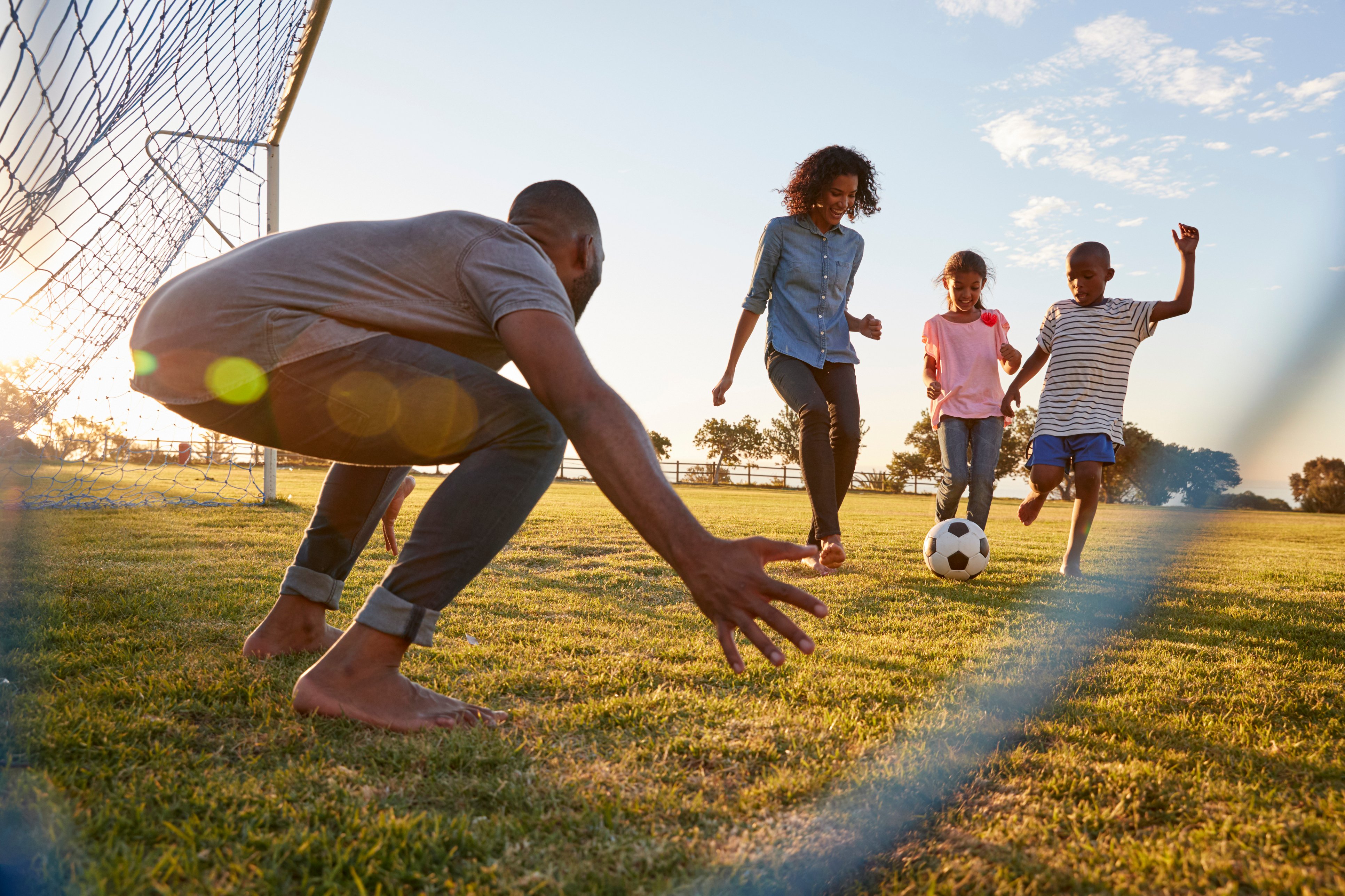Children and teenagers with JIA may benefit from various psychological treatments. These treatments can help to treat their physical pain, as well as help them cope with the wide range of emotions they may be feeling.
Psychological treatments for pain
There are many psychological treatments available to treat children's pain. These include relaxation techniques and distraction.
Relaxation techniques can:
- help reduce the effects of stress on the body, like anxiety and tension
- help manage pain by changing pain messages
- increase energy and alertness
- improve the ability to think more clearly, concentrate, and remember things better
- improve sleeping habits
Distraction techniques can help a person with JIA to move their attention onto other things and not focus on the pain.
Further information about relaxation and distraction techniques can be found in the Just for Teens JIA section.
JIA and emotions
JIA can affect the body. It can also affect emotions or how your child feels. Your child may experience a wide range of emotions during the teen years. This can happen whether or not they have JIA.
Talk to your child or teen and ask if they have felt any of the following emotions because of JIA:
- Isolated, lonely, withdrawn or excluded
- Angry, frustrated or annoyed
- Discouraged
- Helpless or hopeless
- Sad or depressed
- Overwhelmed
- Pain and suffering
- Low self-esteem
- Worry or anxiety
What other feelings or emotions have they experienced because of JIA?
It is important to recognize these feelings. They can affect a child physically and emotionally. Stress and bad feelings can make them feel down. They can also make JIA flares harder to manage.
For more information regarding teens and JIA, please visit our teen JIA learning hub: teens.aboutkidshealth.ca/jiateenhub
Counselling and psychological therapy
There are a number of reasons why a child or teen might need counselling or psychological therapy. Therapy can help with issues that may or may not be related to JIA including:
- feeling depressed or having thoughts of harming themselves
- feeling anxious and worried a lot
- having a hard time dealing with family or friends
- worrying about the future
- having difficulties at school because of JIA, such as teasing or having to sit out of gym class
- being dependent on alcohol, tobacco, or other substances
- feeling social pressure to drink alcohol
- having a hard time making the transition from being treated at a children’s hospital to being a young adult cared for in an adult hospital.
Who can help
Psychiatrists, psychologists, social workers, nurses and adolescent health specialists can help with emotional issues. Your child's nurse or doctor will be able to help figure out who can help them with their problem. If the nurse or doctor thinks that your child might need medication for a mental health problem, they may be referred to a psychiatrist.
If your child or teen is having drug or alcohol abuse issues, a psychologist or social worker with expertise in substance abuse can help.
A psychologist, social worker or nurse can also help with issues related to moving on to an adult JIA centre.
Social workers, psychologists, and nurses are a good resource for helping with school-related issues, such as:
- coping with workload
- helping teachers understand your child's specific school needs
- issues with friends
- problems with bullying.
These health-care professionals can also help your child figure out how to talk to friends or other people about JIA. They can help your child cope with the need to take medication and to do exercises. Social workers and counsellors can sometimes help you work out financial issues.
Types of psychological therapies
Psychotherapy is a broad term that includes group, family and individual meetings with one of the people described above. It usually involves talking about issues and dealing with life events. Psychotherapy may also include expressing feelings through art, dancing or singing.
There are lots of different kinds of psychotherapy. You can ask what kind your therapist uses. Don’t be surprised if they tell you that the psychotherapy they provide is a mixture of different kinds of therapy.
Cognitive behavioural therapy
The idea behind cognitive behavioural therapy is that how you think influences how you feel and how you deal with the world. With cognitive behavioural therapy, you examine your thoughts and get help figuring out how to change those thoughts. Cognitive behavioural therapy tends to be a short therapy, with many issues addressed in eight to 12 sessions. CBT is very helpful for people with chronic pain, depression, and anxiety.
Tips
Your child may feel embarrassed to ask for help. Remember that doctors and nurses recommend psychological treatments all the time. They won’t think that your child is weird for bringing it up.
Give a therapist a chance to gain your trust. However, if you or your child really don’t feel a connection after you have seen the therapist a few times, ask if there is someone else you can see.

